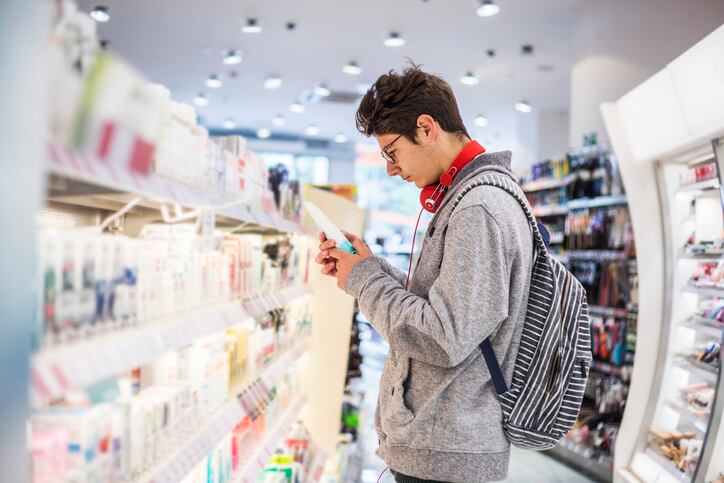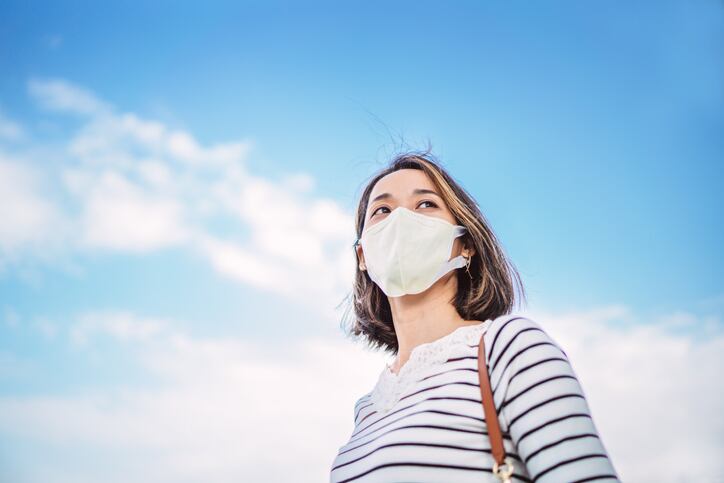The ongoing COVID-19 pandemic had certainly shaped the beauty sector drastically over the past 18 months – the e-commerce surge being just one aspect. But as industry edged out of this difficult period, innovation and new product development had settled as a top priority. And with that came the increased need for product testing, not just for safety but also claims validation, said Sam Booth, business development manager at Eurofins Cosmetics and Personal Care UK.
“We’ve had a natural backlog of what was put on hold; the formulations that people planned to test in 2020 we’ve run that testing at a later date. But at the same time, no-one has slowed down. So, they’ve still put their 2021 NPD plans into place and put those in to test,” Booth told CosmeticsDesign-Europe at SCS Formulate 2021 in Coventry, UK, earlier this month.
“…Clients are forever talking to us about new products that they want to test. It feels as though everyone is very engaged and looking forward and future thinking,” she said.
So, what exactly had the beauty world been looking to test?
Mainstream claims substantiation – moisturising, SPF and anti-ageing
What had clearly gained ground, Booth said, was demand for clinical testing on wider, more “mainstream” claims like moisturising properties, SPF protection and anti-ageing benefits, for example. And this was across a variety of product types, she said, including creams, face washes and toners, among others.
“People are understanding the importance for these claims that have been out there for a long time; they’re understanding the importance of the clinical testing to back them up,” she said.
And beauty companies were investing in this “over and above” what they had done in the past, she said.
“With these ‘back to basic’ claims, moisturisation for example, people want real data; they want instrumental data. And it may be the first time that they’re running clinical tests but they’re starting to look at these and starting to value the importance.”
“…It’s going over and above the ingredients and what the ingredients can do; it’s going over and above home use; it’s more specific – it’s about more direct claims and the need to do that substantiation in a certain way,” Booth said.
Asked whether companies were also looking for data around more niche claims, she said: “We still do get the requests for the microbiome, but they tend to be quite specialised.”
Beauty manufacturers ‘very conscious’ about diversity
Along with this focus to substantiate long-standing beauty claims, Booth said manufacturers were also sharply focused on the diversity of these clinical trials. Testing on a range of different phototypes, ages and genders was important, she said, and manufacturers were “very conscious” of this.
“What we do is work with our clients and work with our labs to give as much representation as possible (…) What the clients want to do is show that inclusion.”
And because Eurofins had a global network of labs, she said if a product was relevant to a specific market like China, it was possible to test in this market. “We’re not confined to one lab, we’ve got lots of options,” she said.



